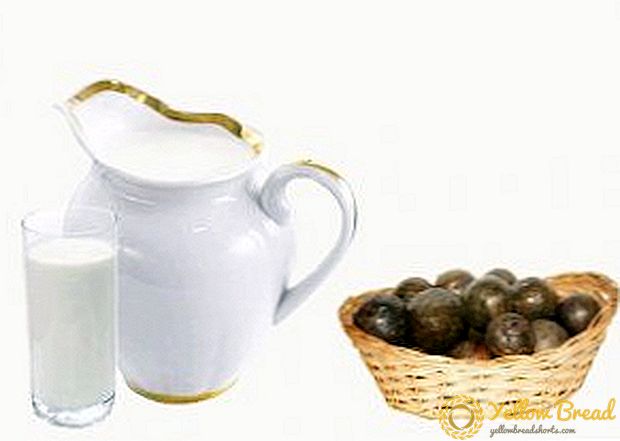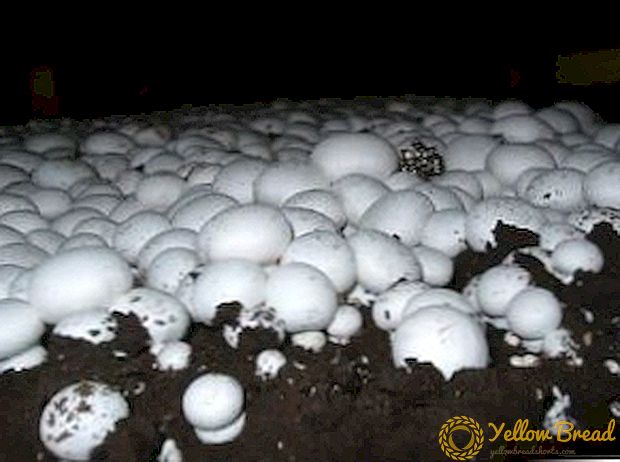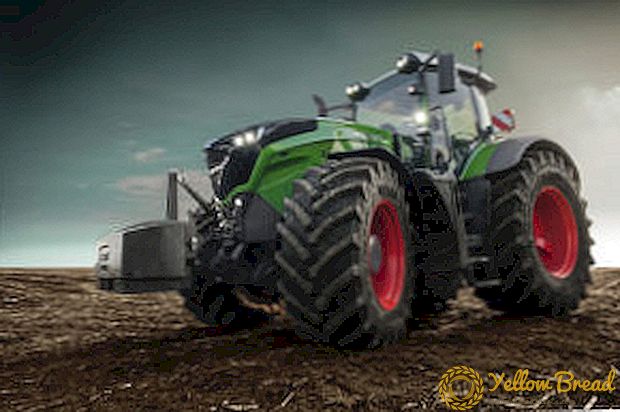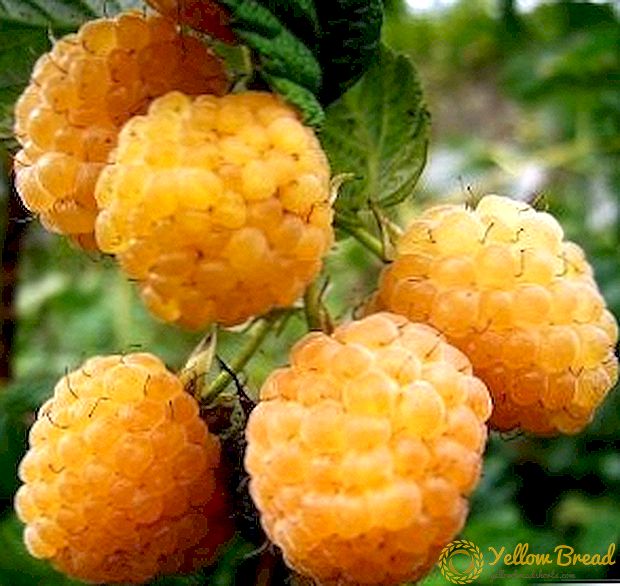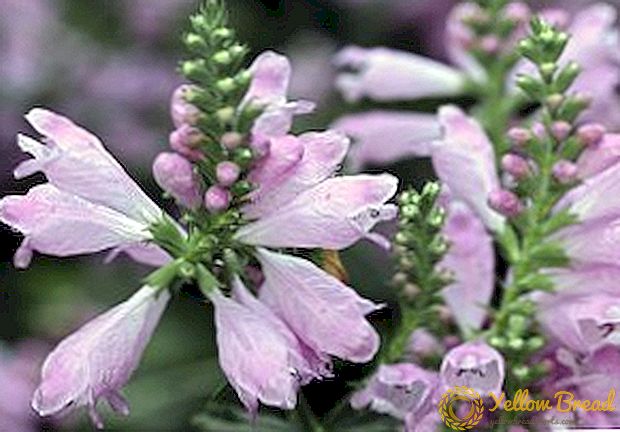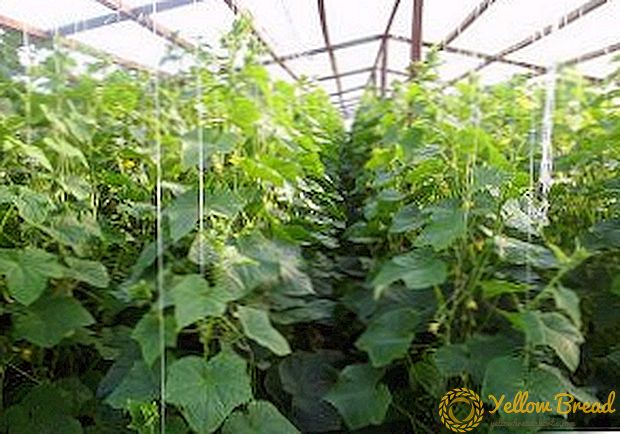 Cherry "Julia" - a large tall tree with attractive and tasty fruits, it is very popular among gardeners of the northern regions and the Black Earth region.
Cherry "Julia" - a large tall tree with attractive and tasty fruits, it is very popular among gardeners of the northern regions and the Black Earth region.
- Selection
- Tree description
- Pollination
- Fruiting
- Flowering period
- Gestation period
- Yield
- Transportability
- Disease and Pest Resistance
- Drought tolerance
- Winter hardiness
- Application of fruits
- Advantages and disadvantages
- pros
- Minuses
Selection
The variety "Julia" was obtained at the experimental gardening station in Rossosh (Voronezh region) from seeds of the local selection "Guin Red" after pollination with the "Denissen yellow" sweet cherry variety.
Subsequently, the variety was zoned for the Lower Volga and Chernozem regions.
Tree description
A vigorous and fast-growing, adult tree reaches a height of 8 meters or more. The spreading, medium-dense crown is very well leafy, pyramidal in shape with slightly lowered branches of the lower tier. The bark is slightly rough or slightly flaky smooth, gray with a cherry tint.  Small shoots with long internodes.Buds are rather large, vegetative - long and pointed, generative - ovoid. Flowers with snow-white petals are collected by 2-3 in small inflorescences. The leaves are oval, elongated, pointed, with large notches and glossy surface, the reverse side of the sheet is slightly pubescent.
Small shoots with long internodes.Buds are rather large, vegetative - long and pointed, generative - ovoid. Flowers with snow-white petals are collected by 2-3 in small inflorescences. The leaves are oval, elongated, pointed, with large notches and glossy surface, the reverse side of the sheet is slightly pubescent.
Fruit Description
Fruits weighing about 5 g (larger in young trees - up to 8 g), about 2 cm in diameter. Rounded, slightly flattened laterally, the fruits have a juicy fibrous flesh and are covered with a creamy yellow skin with a pinkish blush. The taste is sweet with a barely noticeable acidity.
Pollination
"Julia" - samobposplodny variety, next to which should grow a tree pollinator. Good pollinators for "Julia" - "Revna", "Raditsa", "Iput" and "Ovstuzhenka." 
Fruiting
Grafted to the antipka stock, the trees grow quickly, but begin to bear fruit only in the fourth or fifth year after planting, on infertile soils - by the eighth year. In adulthood, the average yield, the increase in yield is gradual. Skoroplodnost small. 
Flowering period
Flowering occurs in the early average (usually the beginning of April) terms.
Gestation period
"Julia" is a mid-late sweet cherry, in the south it ripens in the middle of summer (late June - early July), in the Middle Belt its maturation can be delayed until August.
Yield
The variety is slightly higher than average fruit, usually the harvest is about 20-25 kg, in the most successful years 50-55 kg of fruits can be harvested from a tree. 
Transportability
Fruits with dense fibrous pulp, provide high transportability of this variety.
Disease and Pest Resistance
The tree has a very high resistance to diseases caused by fungi.
At observance of terms of processing by means of protection of plants resistance to defeat by gray decay and coccomycosis - very high, the disease is not observed moniliozom. 
Drought tolerance
The variety is distinguished by heat tolerance and drought resistance while maintaining average yield.
Winter hardiness
Winter hardiness of "Julia" is high, both in frost resistance of generative buds and in tissue freezing.
Application of fruits
By appointment, "Julia" is a universal sweet cherry, it is suitable for use in canned form, and for eating fresh berries.
Advantages and disadvantages
From the above, the advantages and disadvantages of "Julia" become apparent.
pros
- the density of the fruit, providing a high transportability;
- has a pleasant taste;
- high winter hardiness of generative buds and the tree itself - the variety is well suited for northern areas.

Minuses
- the tree is very large and too tall;
- low yield;
- small harshness.
Sweet cherry "Julia", as can be seen from the description of the variety,well suited for cultivation in the northern areas, but it should be chosen only for those gardeners who have no restrictions on the site for this large tree and there are pollinators for it.

